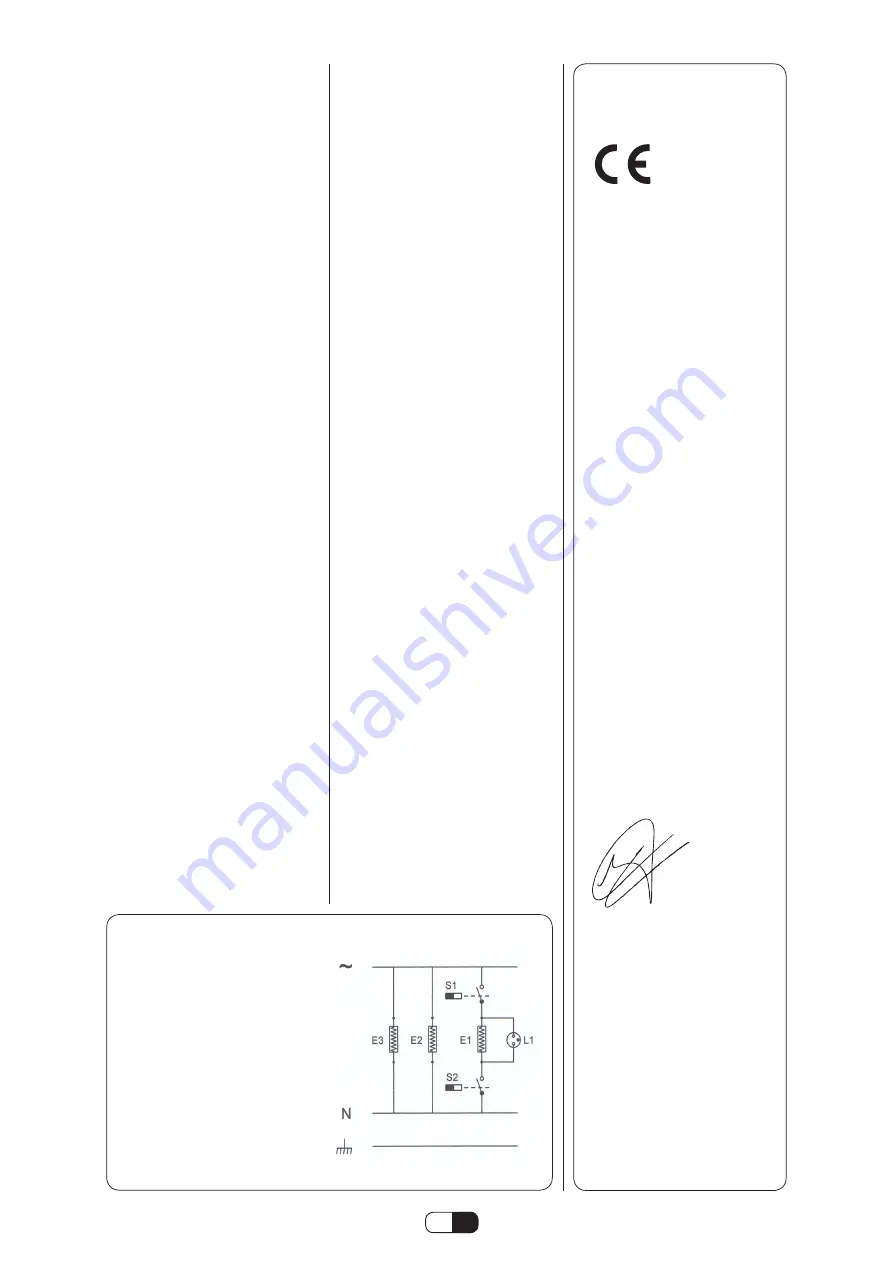
• Make sure that the tap is closed
before the urn is activated.
• Never turn on an empty urn!
Even when testing, fill the urn
with water.
• Never heat wax to more than
90 °C! / Never heat moulding
soap to more than 65 °C.
• Never immerse the urn in water.
• After use, remove the plug from
the socket and allow the urn
to cool.
Cleaning after use for wax
1. Remove the plug from the socket.
2. Empty the urn as much as
possible. Tip the urn to empty it
further.
3. Allow the urn to cool until a film
appears on the remaining wax.
Wipe away as much of the soft
wax as possible using kitchen
towel.
4. The urn will have cooled comple-
tely by the next day. Place some
glue turpentine (not regular
turpentine!) on some kitchen
towel. Use this to remove and
dissolve any remaining wax.
Remove the glue turpentine with
soap.
5. Rinse the soap away with water
and dry the urn thoroughly.
6. Refill the urn as described in ‘Use’.
Cleaning after use for soap
1. Remove the plug from the socket.
2. Empty the urn completely.
3. Clean the interior of the urn with
hot water and dry it thoroughly.
4. Refill the urn as described in ‘Use’.
NL
2
EG-Verklaring
van overeenkomst
Manufacturer:
Gildewerk BV
Address:
A Hofmansweg
41 2031 BH
Haarlem
The Netherlands
Hereby declares that,
DM
J
-0004G
Junior Moulding Urn
complies with the stipulations
found in the following EC
directives, these being the
most recently amended:
• EMC-directive 89/336/
EEC, 91/263/EEC, 92/31/
EEC and 93/68/EEC
• Low voltage directive
73/23/EEC en 93/68/EEC
and that the following
standards have been met:
• EN 55014 (1995)
• EN 55104 (1995)
• EN 61000-3-3 (1995)
• EN 60335
Finalised in Haarlem on
1 September 2010
M.L.J. Teunissen
Directeur
Gildewerk Junior circuit
diagram
S1 Regulating thermostat
30-100 °C
S2 Overheating protection
> 140 °C
L1 Neon lamp
E1 Heating element 900 W
E2 Tap element
16
W
E3 Tracing 20 W
Electrical devices must be
inspected regularly.
Electrical devices with heating are
subject to shrinking and stretching.
Annual maintenance is therefore
necessary




















